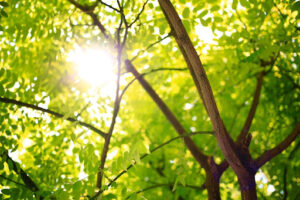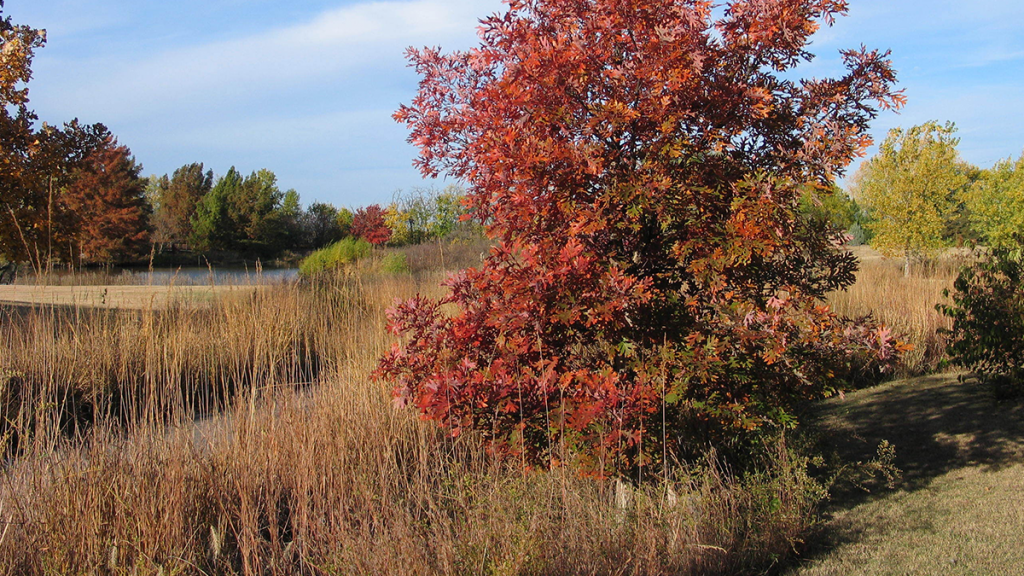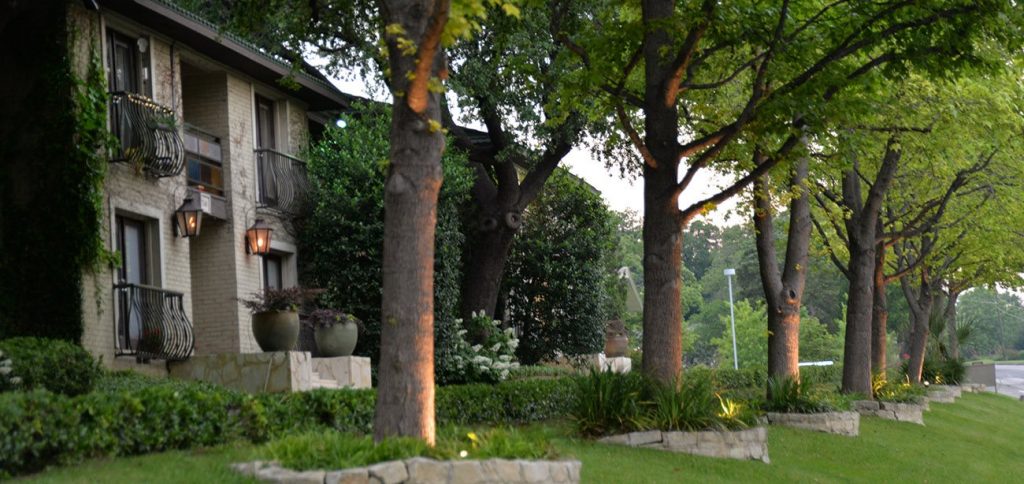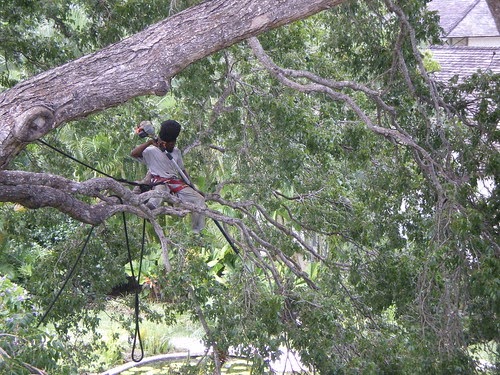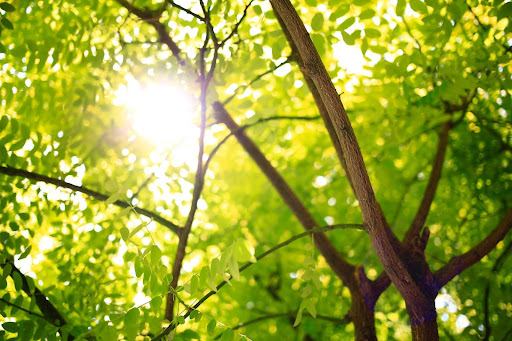
Date May 22, 2023
Spring is a time of renewal and growth, making it the perfect season to focus on the health of your trees. Fertilization is a crucial component of maintaining a lush and vibrant landscape, as it provides essential nutrients to support your trees’ growth and overall well-being. This guide offers valuable insights on Dallas tree health and tree fertilization Dallas, ensuring that your trees thrive throughout the season and beyond.
Photo by D. Jameson RAGE on Unsplash
1. Assess Your Trees’ Nutrient Needs
Before applying any fertilizer, it’s important to determine the specific nutrient requirements of your trees. Signs of nutrient deficiencies in trees may include yellowing leaves, reduced growth, or sparse foliage. Soil tests can help you identify any nutrient imbalances and guide your tree fertilization Dallas strategy. Local extension offices or professional arborists can assist with soil testing and provide recommendations for appropriate fertilizers.
2. Choose the Right Fertilizer for Dallas Tree Health
The ideal fertilizer for your trees depends on their nutrient needs and the soil conditions in your yard. In general, a slow-release, granular fertilizer with a balanced ratio of nitrogen, phosphorus, and potassium (N-P-K) is recommended for most trees. These nutrients play a vital role in promoting growth, root development, and overall Dallas tree health. Be sure to follow the label instructions regarding application rates and timing.
3. Time Your Fertilization Properly
Timing is crucial when it comes to tree fertilization Dallas. Fertilizing in spring, when trees are actively growing, ensures that they can efficiently utilize the nutrients provided. For most trees in Dallas, the optimal time to apply fertilizer is between late February and early April, depending on the specific species and local weather conditions. Avoid fertilizing during the hot summer months, as the heat can stress trees and reduce their ability to absorb nutrients.
4. Use Proper Fertilization Techniques
To promote Dallas tree health, it’s important to apply fertilizer correctly. Follow these tree fertilization Dallas techniques for optimal results:
- Spread the fertilizer evenly: Distribute the granular fertilizer on the soil surface, extending from the tree’s trunk to the edge of its canopy (also known as the “drip line”).
- Avoid over-fertilizing: Excessive fertilizer can damage tree roots and harm the environment. Apply the recommended amount according to the product label and soil test results.
- Water thoroughly: Water the fertilized area to help dissolve the granules and carry the nutrients to the tree’s roots.
5. Consider Organic Alternatives
For homeowners who prefer eco-friendly options, organic fertilizers can be an excellent choice for Dallas tree health. Compost, aged manure, and other organic materials can provide valuable nutrients for your trees while also improving soil structure and moisture retention. When using organic fertilizers, be sure to incorporate them into the soil or apply them as a top dressing, as they may release nutrients more slowly than synthetic products.
6. Monitor and Adjust Your Tree Fertilization Dallas Plan
Regularly monitoring your trees’ health and growth will help you assess the effectiveness of your fertilization efforts. Keep an eye on your trees throughout the growing season, and make adjustments to your tree fertilization Dallas plan as needed. If you notice any signs of nutrient deficiencies, consult with a professional arborist or extension agent for guidance.
7. Don’t Neglect Other Aspects of Dallas Tree Health
While fertilization is essential, it’s only one component of maintaining a healthy landscape. Proper watering, mulching, and pruning are also crucial for promoting Dallas tree health. By taking a comprehensive approach to tree care, you’ll create a vibrant, thriving yard that will enhance your property’s beauty and value.
In conclusion, fertilization is a vital aspect of maintaining your tree’s health. For more information, contact one of our ISA Certified Arborists.
